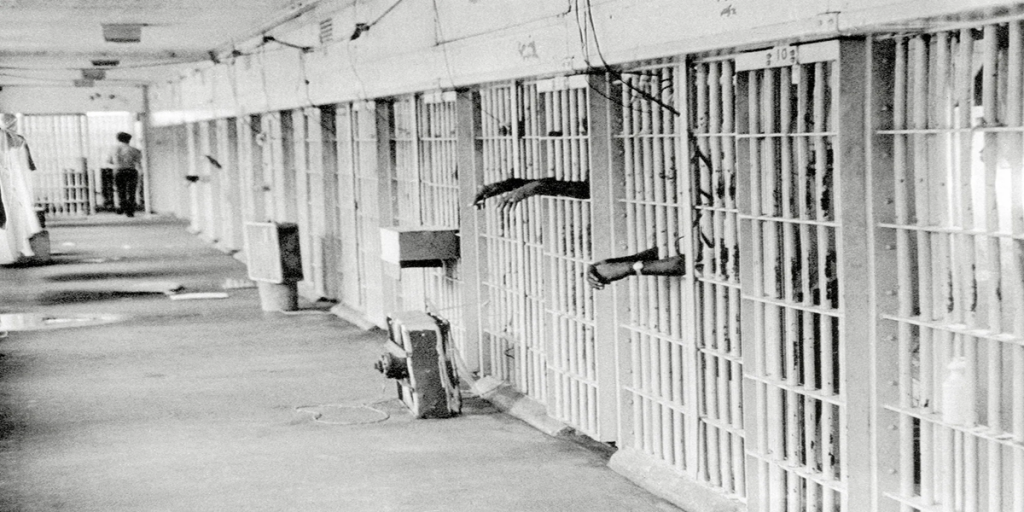A government official has alleged that Burkina Faso’s military regime wants to reinstate the death penalty after the West African country abolished it in 2018.
According to Amnesty International, the last execution in Burkina Faso was in 1988.
The source also said It is up to the Burkina Faso Junta to discuss it, then make the proposal to the Transitional Legislative Assembly (ALT) for adoption, adding that the date had not been chosen.
Justice Minister Rodrigue Bayala said on Friday, after parliament passed a bill introducing community service, that “the issue of death penalty, which is being discussed, will be implemented in the draft criminal code”.
Bayala also said there could be further amendments to the criminal code, “to follow the vision and the guidelines given by the head of state, Captain Ibrahim Traore”, who seized power in a September 2022 coup.
The Burkinabe government in July passed a bill that included plans to ban homosexuality.

Amnesty International has reported a surge in the use of the death penalty on the African continent, saying in a statement in October that “recorded executions more than tripled and recorded death sentences increased significantly by 66 percent”.
On the other hand, the rights group noted that “24 countries across Sub-Saharan Africa have abolished the death penalty for all crimes while two additional countries have abolished it for ordinary crimes only”.
Kenya and Zimbabwe currently have bills tabled to abolish the death penalty for all crimes, while Gambia has commenced a constitutional amendment process that will effectively abolish the death penalty.
Earlier in the year UN Human Rights Chief, Volker Türk said the infliction of the death penalty is profoundly difficult to reconcile with human dignity, the fundamental right to life, and the right to live free from torture or cruel, inhuman or degrading treatment or punishment.
UN Human Rights has long opposed the death penalty, working with States and institutions to abolish it or, at least, enact moratoriums on its use.


